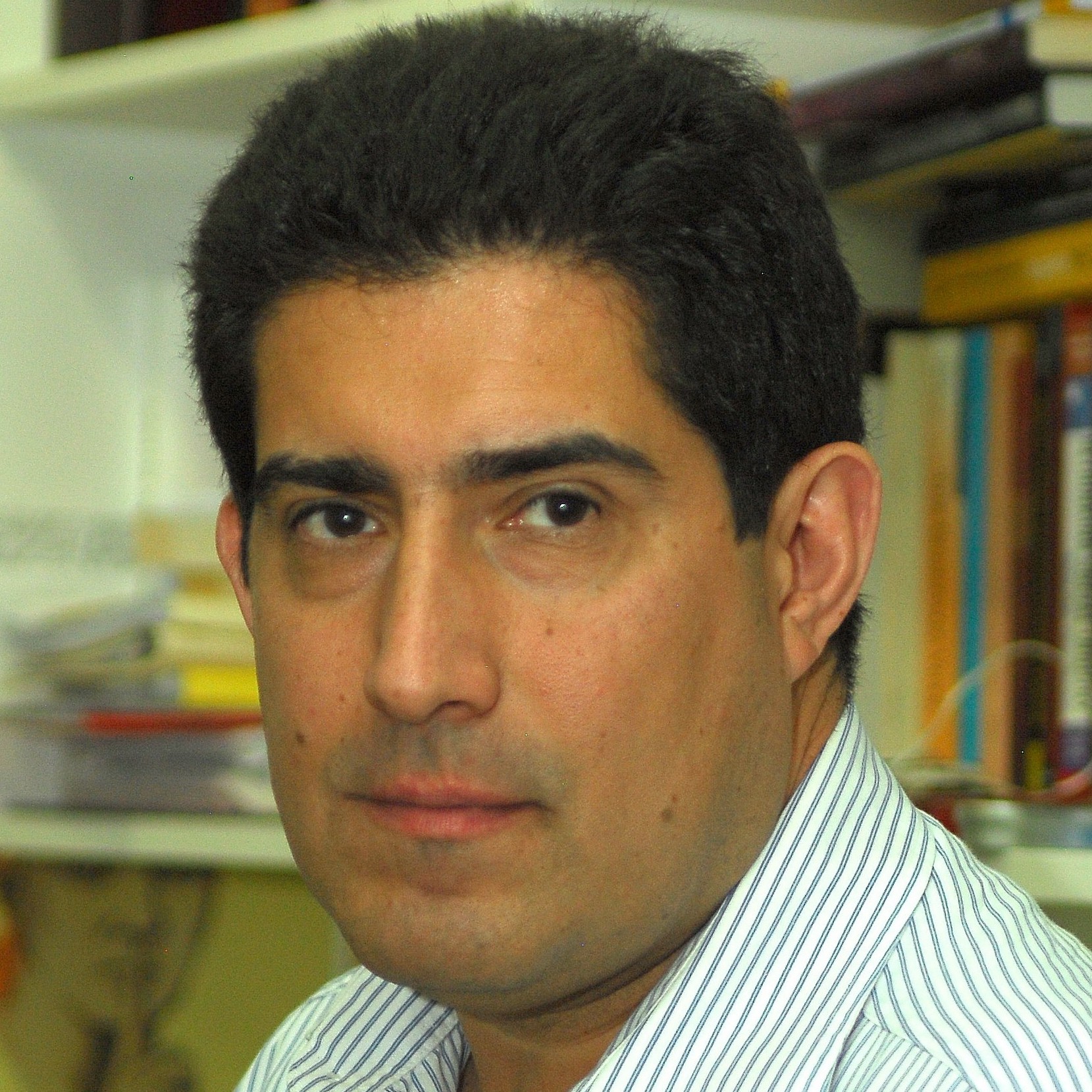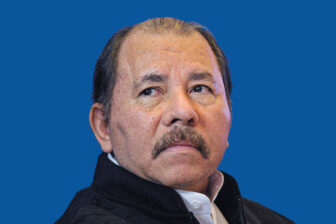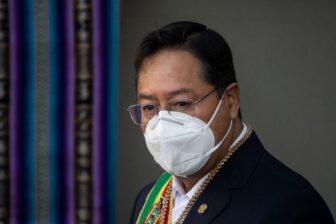If drafting a new constitution is like building a new home, Chileans voted last October to demolish their current dwelling, and this weekend they overwhelmingly chose many people with no prior construction experience to design and build the new one. Though many Chileans are happy to leave behind the 1980 constitution adopted under military rule, they might be overestimating the benefits and underestimating the risks of a constitution-writing process that will formally begin in about a month. Because there is an extensive record of disappointing constitution writing processes in Latin America, Chileans might be in for a rude awakening when the new constitution turns out not to be the magic pill that ends persistent inequality and generates the conditions for a more sustainable, gender-equal, environmentally friendly and inclusive kind of economic growth.
As a response to the social unrest and riots of October 2019, the right-wing government of Sebastián Piñera and the left-wing opposition in Congress agreed on a new constitution-writing process as a way out of the political crisis. Though the process’s 3-year calendar was lengthy and complex, the agreement successfully calmed things down in Chile. Many celebrated the ability of Chileans to offer an institutional solution to the political crisis. Because of COVID-19, the entry plebiscite was rescheduled from April 2020 to October 2020. With 54% turnout, an overwhelming 79% majority voted in favor of initiating a constitution writing process.
The second step in the process, the vote for the members of the constitutional convention, was held on May 15-16 — concurrently with the elections for 16 regional governors, 345 municipal mayors and more than 2,000 municipal councilmembers. With slightly over 40% of eligible voters casting ballots in the unprecedented two-day election (to make it safer for people to vote in a country undergoing a COVID-19 infection surge), turnout was disappointingly low. It seemed that many Chileans were satisfied with knowing that the Pinochet-era constitution would be replaced.
Consequently, they paid far less attention to who would be elected to write the new constitution.
Those who did turn out to vote overwhelmingly rejected right-wing candidates. With 20% of the vote, President Piñera’s ruling Chile Vamos coalition had its worst electoral performance since democracy was restored in 1990. Voters’ desire to punish the Piñera administration was partly responsible for the dismal showing, but turnout decreased significantly in traditional right-wing strongholds. That points to discontent among traditional right-wing voters with a ruling coalition that too readily embraced left-wing campaign ideas such as supporting withdrawals from individual private pension fund accounts and increasing taxes to pay for expanded social services. As people always prefer the original, right-wing candidates trying to disguise themselves as social democrats failed to make inroads among centrist voters and might have alienated their original supporters. The right-wing coalition will have 37 of the 155 seats in the constitutional convention, far short of the 52 seats (1/3 of the convention) required to exercise veto power.
In turn, left-wing parties had reasons to celebrate and worry. This bloc is split into two coalitions: The old Concertación (comprised of centrist Christian Democrats and the leftist Socialist, Party for the Democracy and Radical parties) and the alternative left (comprised of the Communist Party and the Broad Front) received 25 and 28 seats respectively, just enough to exercise veto power in the convention.
The big winners of the day were independents. Altogether, 48 members of the convention were elected on lists of independent candidates. Most of them are left-wing community organizers and activists of traditional left-wing causes, including environmentalists, feminists, public housing advocates and community organizers. An additional 17 seats will go to members of indigenous groups, most of whom are also identified with left-wing causes.
More like Bolivia or Brazil?
Because the convention will have a veto-proof left-wing majority, the text of the new constitution will likely include many of the long lists of social rights that those candidates campaigned on, including the right to housing, education, health and, most importantly, a public pension system to replace the private saving accounts system now in place. The multiplication of rights will make Chile’s new constitution resemble that of many other Latin American countries — like Colombia, Bolivia or Brazil’s 70,000-word constitution.
Unfortunately, as has happened elsewhere, putting more social rights into the constitution does not automatically mean that those rights will be enforced. Moreover, even if those rights are gradually enforced, they will put significant pressure on the fiscal budget and will likely contribute to permanent fiscal deficits — the most endemic problem of Latin American economies.
As Chile is a member of the OECD — a club of wealthy countries — many Chileans expect to have living standards and safety nets similar to their OECD peers. But for Chile to build a stronger safety net, the country needs to achieve higher levels of development.
Expanding the size of the public sector might impede higher development as higher taxes and inefficient government spending might make Chile’s economy more similar to that of Brazil or Argentina. Striking a balance between pro-growth and pro-distribution policies is always a challenge for governments. In fact, elections are normally about how to balance growth and distribution priorities. Trying to enshrine such a balance in the constitution might be the worst way to address what ought to be a policy decision, not an institutional design issue.
Though the focus of the campaign was the expansion of social rights, the constitutional convention will get to draft much more than the bill of rights in the constitution. In short, Chileans might have chosen to tear down their old house built under authoritarian rule, but they might have been able to solve the core problem simply by remodeling the kitchen. After the October 2020 plebiscite that rendered the 1980 constitution defunct for all practical matters, Chilean legislators have wasted little time in approving laws that will have damaging long-term consequences for the Chilean economy. Three laws to allow people to withdraw from their private pension funds have resulted in more than $50 billion (20% of GDP) being taken out of the funds. That will indirectly generate a huge fiscal liability, as the public sector will have to step up to help subsidize the pensions of those who were left with nothing after the three withdrawals (about 30% of the population). As the old constitution is going to be replaced, there is little effort to respect constitutional provisions. After all, why care for the house that will soon be demolished?
No Latin American country has been able to transition to the club of high-income countries. In recent years, Chile came closest. As a result, the constitutional writing experiment that Chile is about to begin will be closely watched elsewhere in the region. Because previous constitutional writing experiences were not game-changers in the region, there are reasons to be skeptical about what will happen in Chile. Now that they no longer need to win votes, the recently elected members of the constitutional convention have a perfect opportunity to start signaling their interest in designing democratic institutions that allow for free and inclusive market-friendly societies, where the state has a strong regulatory role but does not become, in Octavio Paz’s words, a philanthropic ogre that devours the private sector when trying to help alleviate poverty. Anxious foreign investors and wealthy Chileans who fear that the new constitution will put Chile on the downward state-centered development path so prevalent elsewhere in the region need to be reassured quickly. To show that Chile’s case will be different, the constitutional convention needs to act quickly. Until that happens, those inside and outside Chile should be aware that downside risks of the process may outnumber the upside gains.









